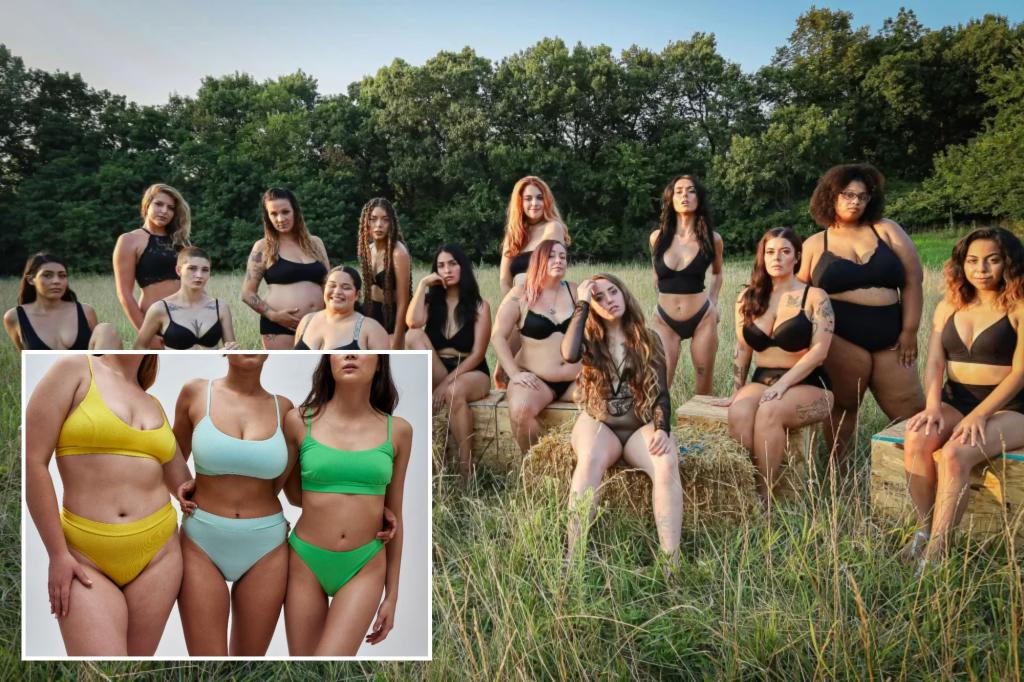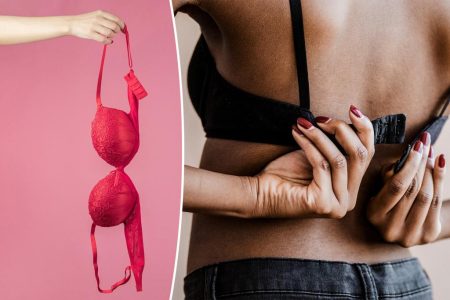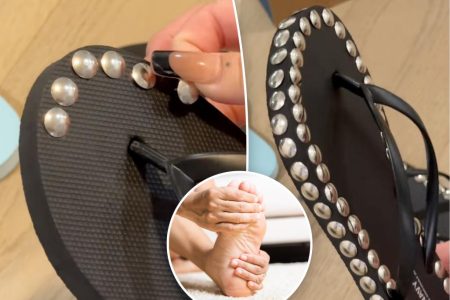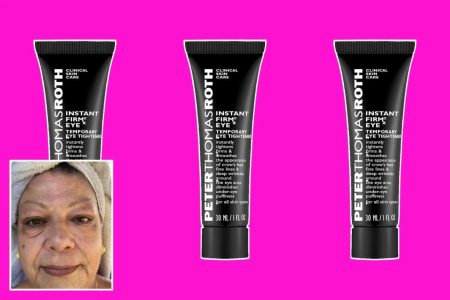Summarize this content to 2000 words in 6 paragraphs
White women are less confident about their bodies than women from other cultures, according to a new study.
Researchers found Western women also experience greater media pressure to be thin than black Nigerian and Chinese women of all ages.
The study, conducted by Durham University psychologists, looked at the impacts of age and socio-cultural pressures on “body appreciation” — feelings of positivity and pride about one’s body — among white Western, black Nigerian and Chinese women.
Researchers found that all three groups had relatively stable body appreciation across different ages, but there were “significant” cultural differences.
White Western women were found to experience much higher pressure from the media to conform to thin or athletic body ideals across their lifespan.
The pressure did decrease with age but, even at its lowest, the pressure felt by Western women was still higher than for the other ethnic groups.
Black Nigerian women recorded the highest body appreciation and far less media pressure regarding body image. The pressure also decreased with age.
Chinese women reported the highest ongoing family and peer pressure around body image, but media-related pressure was less and decreased with age for them.
The study, which involved more than 1,100 women aged 18 to 80, was intended to gain new insight into the impacts of culture and age on body appreciation – two aspects that have had limited research focus to date.
Participants were asked to complete questionnaires to understand more about their own sense of body appreciation and the pressures they experience around body image from family, peers and the media.
The findings, published in the journal PLOS One. showed that white Western women reported far more media pressure than the other participants, but also endorsed a thin or athletic body type less as they got older.
Black Nigerian women did not display a strong pressure towards a thin or athletic build and reported higher levels of body appreciation.
But they also reported higher levels of appearance pressure from peers, which reduced with age.
Chinese women predominantly continued to endorse a thin body type across all ages, but reported less media pressure than white women.
Women in all three cultures experienced similar levels of family pressures, but the study showed it reduced “significantly” for white Western and black Nigerian women as they got older. However, it remained high for Chinese women.
Study leader Louise Hanson said: “Most research around body appreciation to date has focused on younger white Western women.
“We wanted to expand the scope and include older women and other cultures as these groups have historically been ignored.
“We found that body appreciation was relatively stable across all ages and socio-cultural pressure was evident in all cultures.
“However, the extent to which this pressure was experienced and where it came from differed across cultures.”
Ms Hanson, a PhD student in Durham University’s Department of Psychology, added: “Based on our results, we suggest that when developing interventions to increase body appreciation, experts should take all age groups into account, not just younger women.
“Additionally, there is also a need for interventions to be tailored to account for cultural differences, such as greater media literacy for white western women who reported the highest pressure in this area.”
The research team hope that their findings help to encourage more studies into body appreciation and body image for women over 30.
In practical terms, they believe that their findings indicate that body appreciation interventions should take all age groups into account – and look at where they can be culturally-targeted to improve effectiveness.
The team also hopes the study can act as a springboard to encourage more cross-cultural studies to better understand the cultural dynamics that impact body appreciation.















